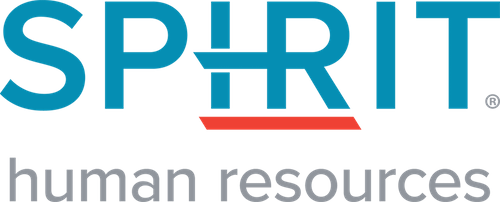Taxing Supplemental Wages

There Are Two Methods for Taxing Supplemental Wage Payments Less Than $1 Million Dollars
- Supplemental wages combined with regular wages – if the amount for each type is not specified, withhold federal income tax as though the total is regular wages for the payroll period.
- Supplemental wages paid separately or combined with regular wages and the amount of each is specified
- Tax regular wages as normal and withhold a flat of 22% of supplemental wages (no other percentage is allowed by the IRS). Note: Effective 2018, tax reform changed the supplemental tax rate from 25% to 22%
- Add the supplemental wage amount to the regular wages for the most recent payroll period and calculate the income tax withholding as if the total amount was a single payment. Then, subtract the tax already withheld from the regular wages and withhold the remaining tax from the supplemental wages. If other payments of supplemental wages (after the last payment of regular wages, but before the current payment of supplemental wages), aggregate all the payments, calculate the tax on the total, subtract the tax already withheld from the regular wages and the previous supplemental wages, and withhold the remaining tax.
Taxing Supplemental Wages When an Employee Receives More Than $1 Million of Supplemental Wages During the Calendar Year
Special rules apply when supplemental wages paid to any one employee during the calendar year exceed $1 million. If a supplemental wage payment, together with other supplemental wage payments made to the employee during the calendar year, exceeds $1 million, the excess is subject to withholding at 37% (or the highest rate of income tax for the year).
Supplemental wages are always subject to social security, Medicare and FUTA taxes. Be aware, states have regulations for taxing supplemental wage payments. Check with your state for their regulations.
Paying supplemental wages as separate payments make it easier for the employer and the employee to track the transactions.
Latest Blogs from Spirit HR
Culture by Design: How to Build a Company People Don’t Want to Leave
Culture by Design: How to Build a Company People Don’t Want to Leave When most people think about company culture, they think about ping-pong tables, snack bars, and casual Fridays. But real culture — the kind that makes people want to stay, grow, and thrive — runs...
Are You Wasting Money on HR? The Hidden Costs of Payroll, Benefits, and Compliance
The Hidden Costs of Managing HR the Old Way Many business owners believe they can’t afford a PEO (Professional Employer Organization). The truth? They’re already spending the money—but in an inefficient way. Most businesses rely on multiple HR service providers to...
Experience the New and Improved Spirit Connect
Running a business is hard—but managing HR doesn’t have to be. At Spirit HR, we are committed to making workforce management simpler, more efficient, and more intuitive for our clients. That’s why we’re excited to introduce new technology upgrades to Spirit Connect,...
